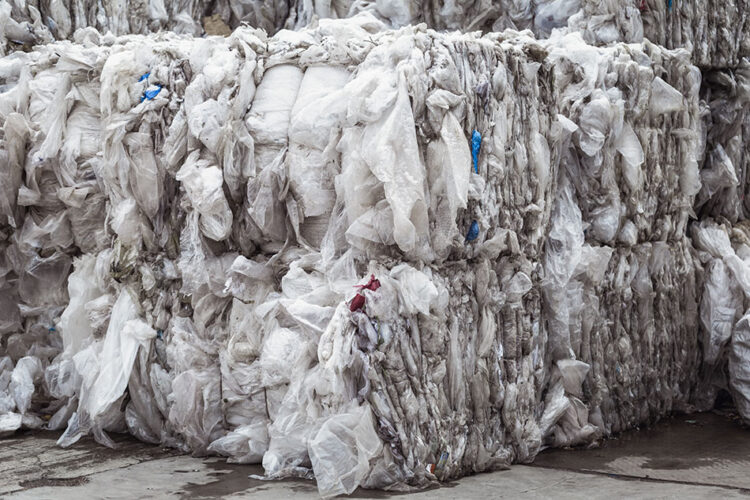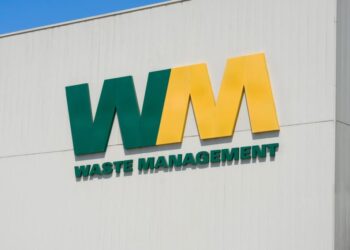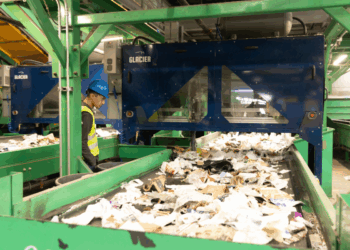Grocery chains in Australia may get even more time to deal with a huge film and flexible plastic buildup.
The Australian Competition and Consumer Commission has proposed another year-long extension for Coles Group, Woolworths Group and Aldi Stores to continue collaborating to recycle 11,000 metric tons of stockpiled soft plastics and continue their in-store collection pilot program until July 31, 2026.
The ACCC has allowed all three chains to continue the collaboration over the past several years. The collaboration started in November 2022 after soft plastics collection and recycling program REDcycle suspended its return-to-store film recycling, which accepted HDPE, LDPE and PP, including shopping bags, cling wrap, bubble wrap and food packaging.
Industry-led REDcycle was later declared insolvent, and a liquidator was appointed in February 2023, revealing that 11,000 metric tons of film and flexible packaging collected from nearly 2,000 supermarket locations had been stockpiled in warehouses across the country.
Coles and Woolworths offered to assume control of REDcycle’s stockpiles through a “Soft Plastics Taskforce.” The three supermarket giants need the antitrust regulator’s permission to collaborate.
However, ACCC Deputy Chair Mick Keogh noted in a press release that it’s “very concerning that the vast majority of the stockpiles left over from REDcycle have not been processed almost two years later.”
“While some limited progress has been made on reducing the stockpiles, the rate of progress is still significantly limited by the available processing capacity of soft plastic processors,” he said, adding that more processors are slated to come online in 2025, which is why the commission is granting another extension.
The proposed authorization will also allow the in-store collection pilot program to continue operating in Victoria and New South Wales and to expand to other areas of the country.
Just like last year, the supermarkets will be required to provide quarterly progress reports to the ACCC.
“Given the level of consumer concern it is important that there is continued transparency about what progress the supermarkets are making in their processing of the soft plastic stockpiles and the progress towards recommencing instore collections,” Keogh said.
This year’s authorization includes a new condition that would prevent the major supermarkets from restricting recycling or logistic providers from supplying services to another customer.
“The ACCC understands that any long-term soft plastics solution, whether in the form of an industry-led stewardship scheme or otherwise, is likely to be the subject of a separate, future application for authorisation,” the group said in its press release.





























